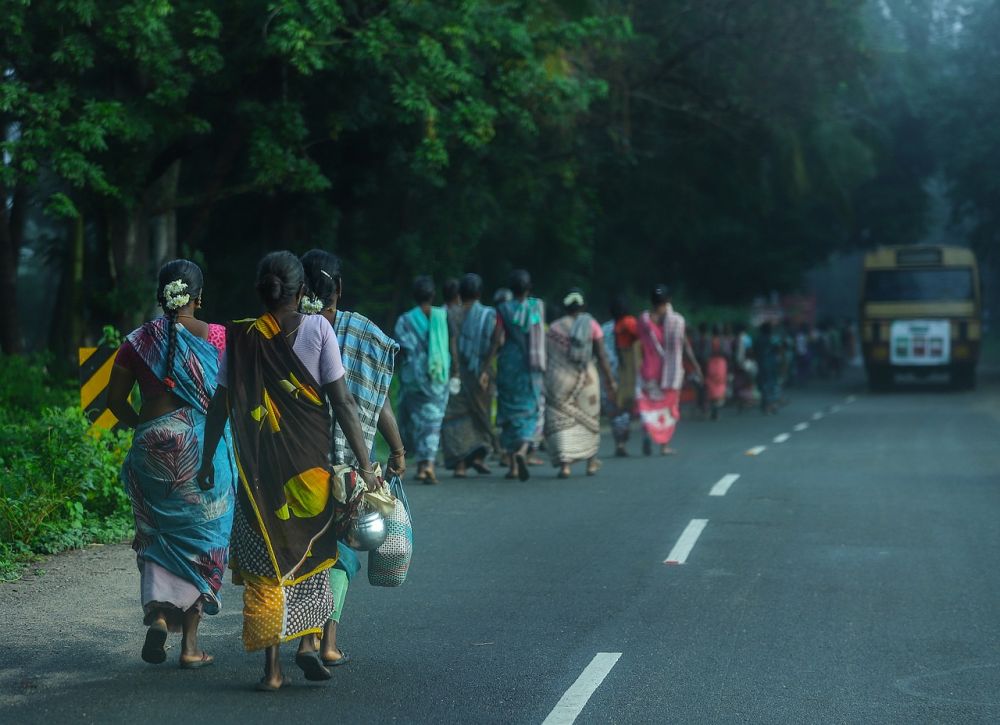Tour de France Winners: A Historical Journey of Cycling Excellence

Introduction
The Tour de France, often dubbed as the greatest cycling race in the world, captures the hearts of sports and leisure enthusiasts every year. In this article, we will delve deep into the realm of Tour de France winners – the elite cyclists who have triumphed in this prestigious competition. Whether you are a die-hard cycling fan or simply curious about the sport, this article will provide you with valuable insights into the significance of Tour de France winners and their contributions to the event’s rich history.
Understanding Tour de France Winners

Tour de France winners are not simply athletes who outpace their competitors; they represent the epitome of stamina, determination, and strategic prowess. These remarkable individuals possess an unparalleled ability to endure grueling stages, conquer treacherous terrains, and maintain unrivaled physical and mental strength. Their achievements serve as a testament to the rigors and challenges of professional cycling, as they push the boundaries of human capabilities to emerge victorious in this iconic race.
Historical Evolution of Tour de France Winners
Since its inception in 1903, the Tour de France has evolved significantly, both in terms of route and competition. Initially, the race was a primarily domestic affair, dominated by French riders. However, as the event gained international recognition, riders from various countries began to participate, adding a global flavor to this grand spectacle.
The Golden Era of French Dominance
In the early decades, French cyclists reigned supreme, securing numerous victories and establishing their nation as a powerhouse in the sport. From 1903 to 1929, French riders triumphed in an astounding 19 out of 27 editions of the Tour de France, showcasing their dominance and technical prowess. Cyclists like Jacques Anquetil and Bernard Hinault left an indelible mark on the race, etching their names into the annals of cycling history.
The Emergence of International Champions
As the mid-20th century unfolded, the Tour de France witnessed the emergence of international champions who challenged the French hegemony. Riders from Italy, Belgium, and the Netherlands etched their names into the prestigious list of winners, captivating audiences worldwide. Eddy Merckx, the legendary Belgian cyclist, earned his place among the greatest Tour de France winners, securing an astonishing five victories throughout his career.
Technological Advancements and Greater Equality
Over time, technological advancements in cycling, including aerodynamic bicycles and performance-enhancing gear, significantly impacted the sport and leveled the playing field. This, coupled with the introduction of rigorous anti-doping measures, ensured that the competition for Tour de France winners became more intense and fairer.
The Era of Armstrong and Beyond
The turn of the 21st century marked the rise of Lance Armstrong, one of the most controversial figures in the history of Tour de France winners. Armstrong’s unprecedented seven consecutive victories between 1999 and 2005 captivated the world but were later tarnished by doping scandals. Nonetheless, his achievements, coupled with subsequent winners such as Chris Froome and Geraint Thomas, demonstrated the enduring allure and relevance of the Tour de France.
Conclusion
Tour de France winners embody the essence of cycling excellence, pushing the limits of human endurance and achieving remarkable feats. From the early dominance of French riders to the rise of international champions, the history of Tour de France winners reflects the evolution of the sport itself. As we anticipate future editions of this iconic race, we celebrate the courage, dedication, and unwavering determination of these extraordinary athletes.
Whether you are a sports enthusiast or a lover of leisure, the Tour de France and its winners continue to captivate our imaginations, inspire the next generation of cyclists, and remind us of the sheer beauty and power of the human spirit in motion.





